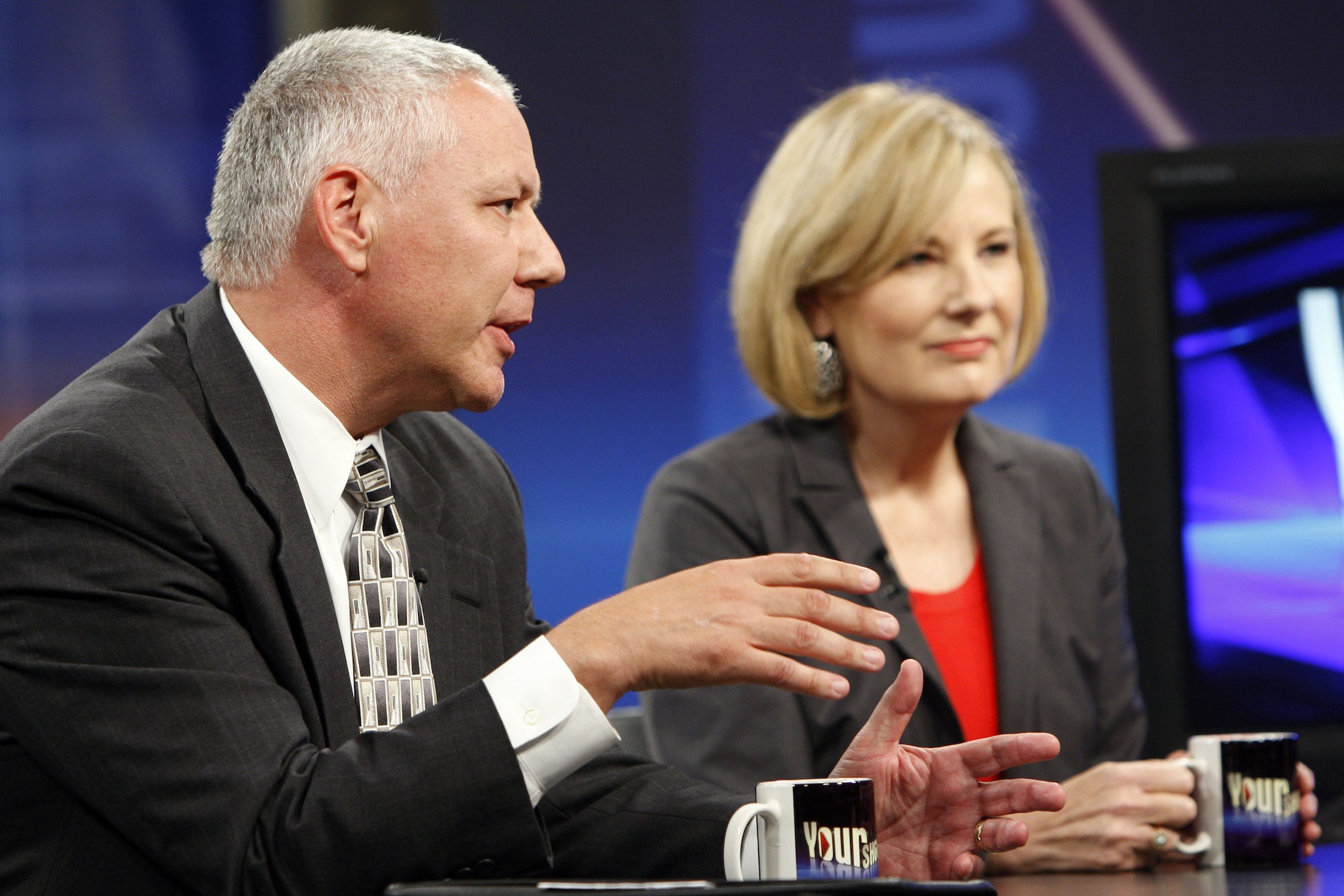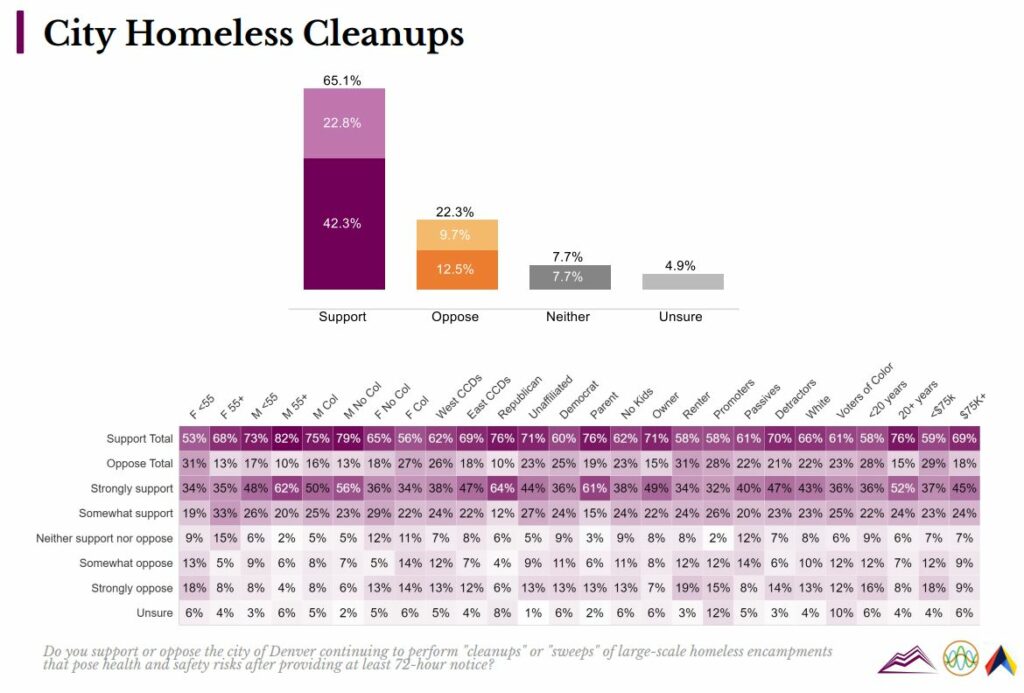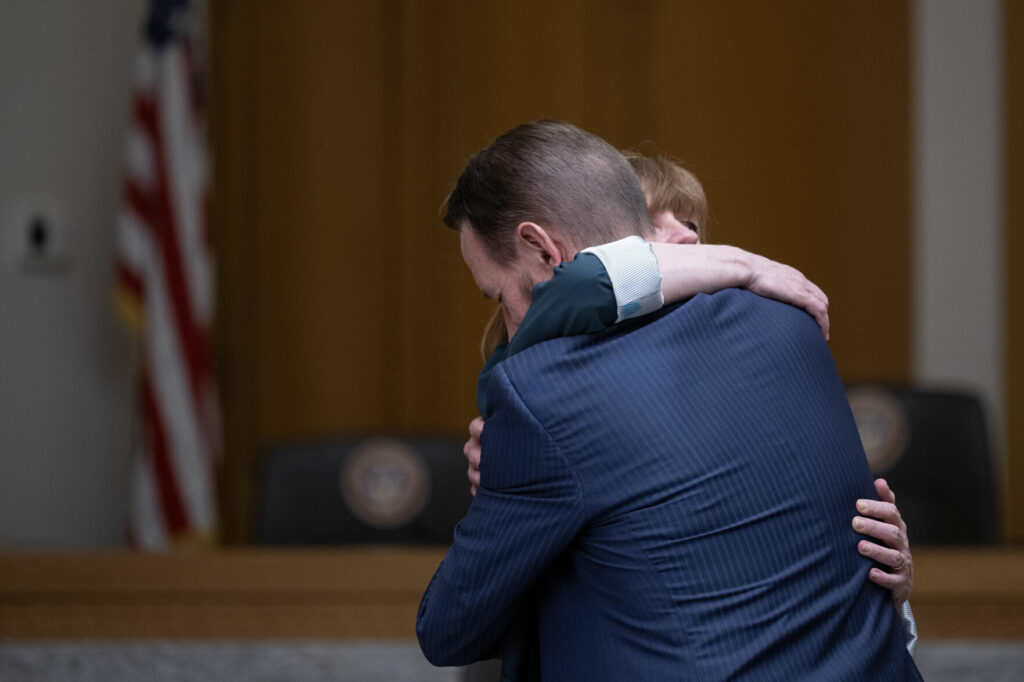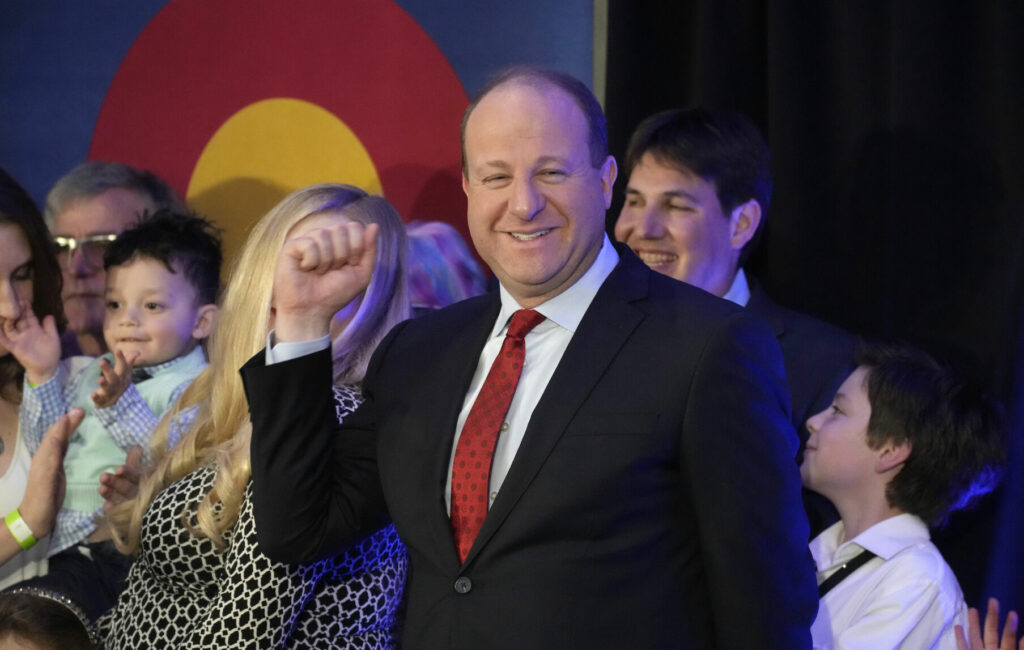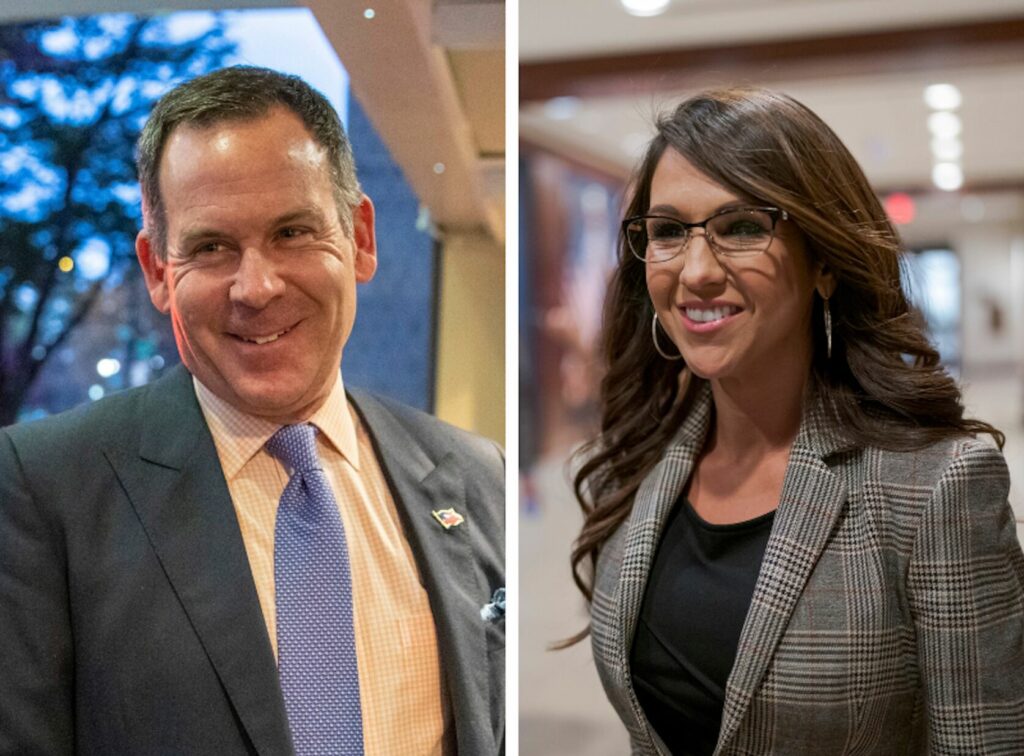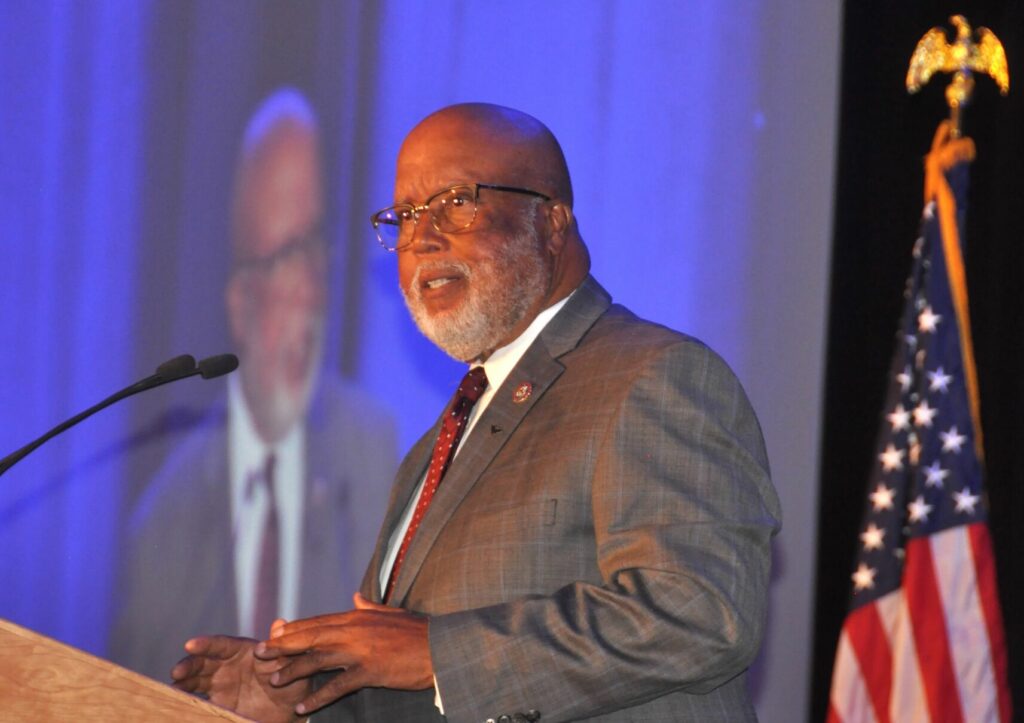TRAIL MIX | Recent top-ticket Colorado primaries cast a shadow over this year’s GOP contests
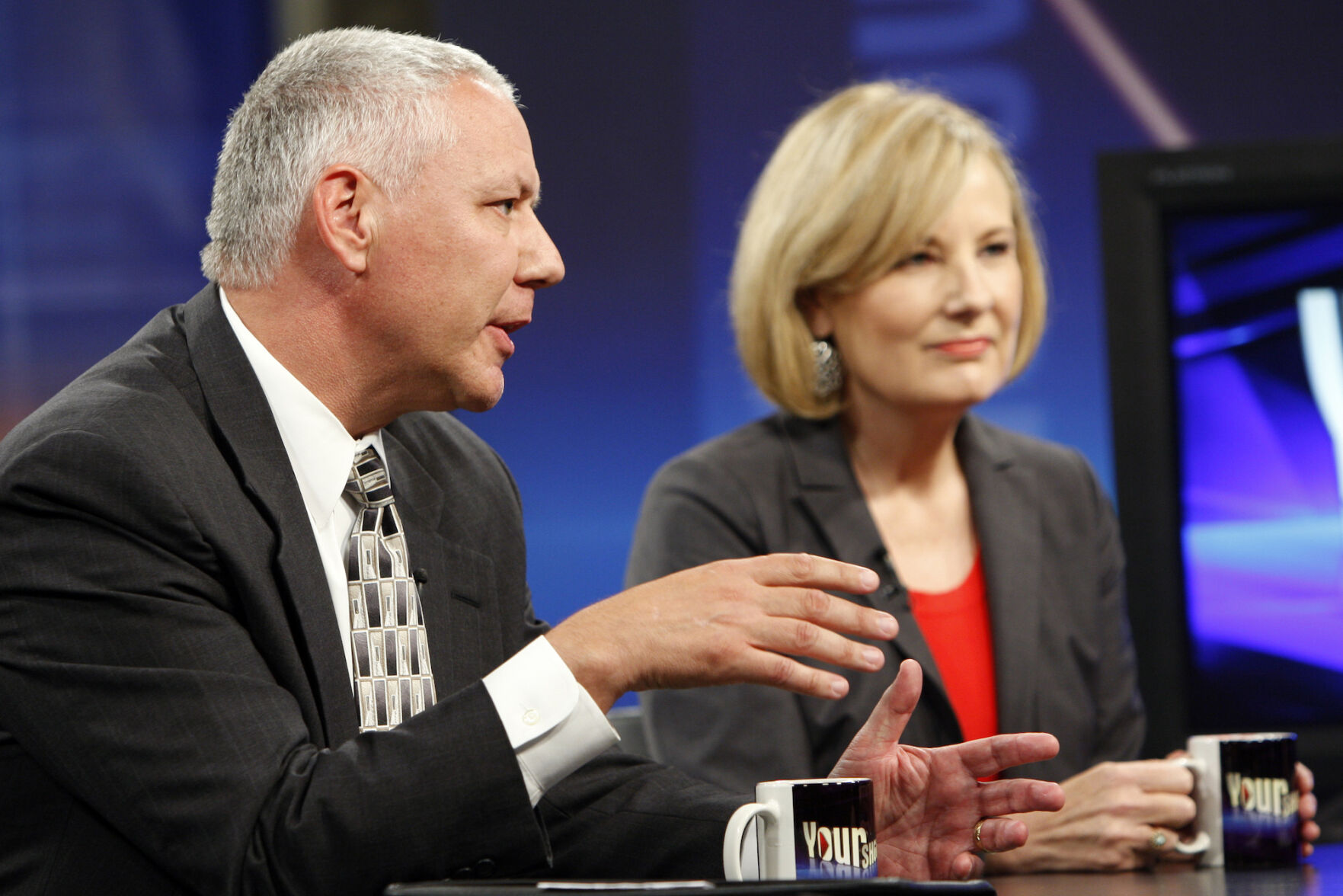
As Colorado candidates and campaigns turn their attention from ballot access to the June primary, a look at some of the state’s most contentious and high-profile recent primaries can be instructive.
Nearly all of Colorado’s high-profile primaries in statewide and congressional races this year are on the Republican side, largely due to the Democrats’ sweep at the polls in the last few elections, which the party with incumbents seeking reelection to nearly every major office on the ballot.
Democrats are facing a pair of congressional primaries – 13-term U.S. Rep. Diana DeGette is facing a challenge from the left, and three first-time candidates are vying for the nomination in the 3rd CD – but the party’s primary docket pales in comparison to the state Republican Party, which only counts a couple of big-league races without contested primaries.
As the party has done numerous times this century, Colorado’s GOP will ask primary voters – since 2018, that group has included unaffiliated voters, who can vote in either major party’s primary – to decide on its direction.
Most of this year’s GOP contests are between old-school Republicans and a feisty brand of outsiders, falling on either side of a rift over whether former President Donald Trump lost the 2020 election or – as blared by candidates who grabbed top-line in contested primaries at the April 9 Republican state assembly – the vote was stolen from Trump.
Generally, U.S. Senate candidate Ron Hanks, gubernatorial candidate Greg Lopez and secretary of state candidate Tina Peters fall on the stolen-election side, contrasted with their respective primary rivals Joe O’Dea, Heidi Ganahl and Pam Anderson.
As always, the lines are blurry, with a few Republicans attempting to straddle the question, including a third Republican secretary of state candidate, Mike O’Donnell, while some primaries feature rivals who fall along a spectrum rather than on distinct sides.
Democrats are sending incumbents in each of the above offices straight to the general election ballot: U.S. Sen. Michael Bennet, Gov. Jared Polis and Secretary of State Jena Griswold.
Each of the state’s Republican congressional incumbents are also confronted with primaries: U.S. Rep. Doug Lamborn will go up against state Rep. Dave Williams, Rebecca Keltie and Andrew Heaton; U.S. Rep. Ken Buck wound up with a last-minute challenge at the assembly from political newcomer Bob Lewis; and U.S. Rep. Lauren Boebert will square off against state Sen. Don Coram.
Initial indications are that this year’s crop of top-ticket GOP primaries could rank high among the young century’s classic knock-down, intra-party battles.
The two major Colorado parties’ recent primary history is a study in contrasts, with Republican voters as often as not opting for outsiders, while Democrats have tended to stick with their party’s more moderate options in statewide and congressional races.
Here’s a look at a set of Colorado’s more consequential primaries that bookended the last decade, each featuring showdowns between their party’s more established candidates and their insurgent wings.
In 2010, Republicans opted for less conventional nominees in the marquee U.S. Senate and governors races, while Democrats stuck with the incumbent U.S. senator, who was favored by the party establishment.
Riding a tea party-fueled wave favorable to candidates who hadn’t waited their turn, Republican Ken Buck, the Weld County district attorney, upset former Lt. Gov. Jane Norton, the choice of national Republicans, in the U.S. Senate primary, winning by 3.14 points.
In the Democratic primary for the seat, Michael Bennet, the superintendent of Denver Public Schools, had been appointed by Gov. Bill Ritter after Democrat Ken Salazar was appointed interior secretary in the Obama administration in January 2009. Andrew Romanoff, the outgoing state House speaker who had applied for the appointment, waited until that fall to launch a challenge from the left, eventually nabbing top line on the ballot after a series of wins at caucuses and assemblies.
The better-funded Bennet, however, won the primary by 8.3 points and went on to defeat Buck by 1.7 points in what turned out to be one of the two closest Senate races in the country that year, tied for that distinction with the race in Illinois.
While former Denver Mayor John Hickenlooper won the Democratic gubernatorial nomination unopposed, the GOP found itself with a primary between former U.S. Rep. Scott McInnis and Evergreen businessman Dan Maes.
If Buck’s win over Norton didn’t announce the arrival of the tea party in Colorado loudly enough, the drubbing suffered by former U.S. Rep. Scott McInnis at the hands of novice politician Dan Maes delivered the message on no uncertain terms – and nearly relegated the Colorado GOP to minor party status.
Undone by a late-breaking plagiarism scandal, McInnis faced calls from fellow Republicans to withdraw before the primary in hopes a more formidable candidate could take his place as accumulating scandals – including the largest campaign finance fine in state history – eroded party stalwarts’ confidence in Maes.
McInnis, however, stuck it out and lost by a 1.32-point whisker to Maes, trailing on primary night by just 5,000 votes out of nearly 400,000 cast. Maes limped to November as Republicans jumped ship in favor of former U.S. Rep. Tom Tancredo, who ran on a third-party ticket and siphoned off conservative support. Hickenlooper carried the race, just topping 50% of the vote, while Maes received 11% of the vote, just above the 10% required for the Colorado GOP to maintain its major-party status.
Fast-forward a decade, and it’s another Democratic U.S. Senate primary featuring the establishment pick – this time, Hickenlooper, fresh from two terms as governor and a brief presidential campaign – and Romanoff.
Throngs of Democrats threw their hats in the ring for the chance to challenge Republican U.S. Sen. Cory Gardner, pegged as the most vulnerable senator on the ballot in 2020. By the time Hickenlooper ditched his stalled White House bid and jumped to the Senate primary in August 2020, more than 20 Democrats had declared their candidacies, though the field quickly dwindle once the heavyweight entered the race.
Within a few weeks, former state Sen. Mike Johnston, former ambassador Dan Baer, former U.S. Attorney John Walsh, former state House Majority Leader Alice Madden had withdrawn and state Sen. Angela Williams had ended their campaigns.
Romanoff and several other progressive candidates – including Lorena Garcia, Stephanie Rose Spaulding, Michelle Ferrigno Warren, Diana Bray and Trish Zornio – stuck it out. Romanoff was the only one to make it to the primary ballot along with Hickenlooper, though, after the COVID-19 pandemic stymied the other candidates’ petition and assembly efforts.
Despite an 11th-hour flurry of bad headlines after Hickenlooper skipped an appearance at a virtual hearing of the state’s Independent Ethics Commission – earning him a contempt citation and a modest fine for accepting a pair of free private plane rides while he was governor – Hickenlooper trounced Romanoff by 17.3 points and went on to beat Gardner by 9.32 points.
That same year, five-term U.S. Rep. Scott Tipton lost his seat in a Republican primary to Lauren Boebert, the owner of a gun-themed restaurant.
No stranger to primaries – he had to get past Republican rivals in three of his five successful runs for the 3rd CD seat – Tipton approached his latest challenger much the same as he had his previous opponents, whose bids fizzled after initially exciting enough enthusiasm to get on the ballot. Boebert, however, was different. She embraced Trump and his most ardent followers despite Trump’s endorsement of the incumbent, surprising Tipton with a 9.2-point win in the primary. Boebert went on to defeat Democratic nominee Diane Mitsch-Bush, a former state lawmaker, by 5.86 points.
